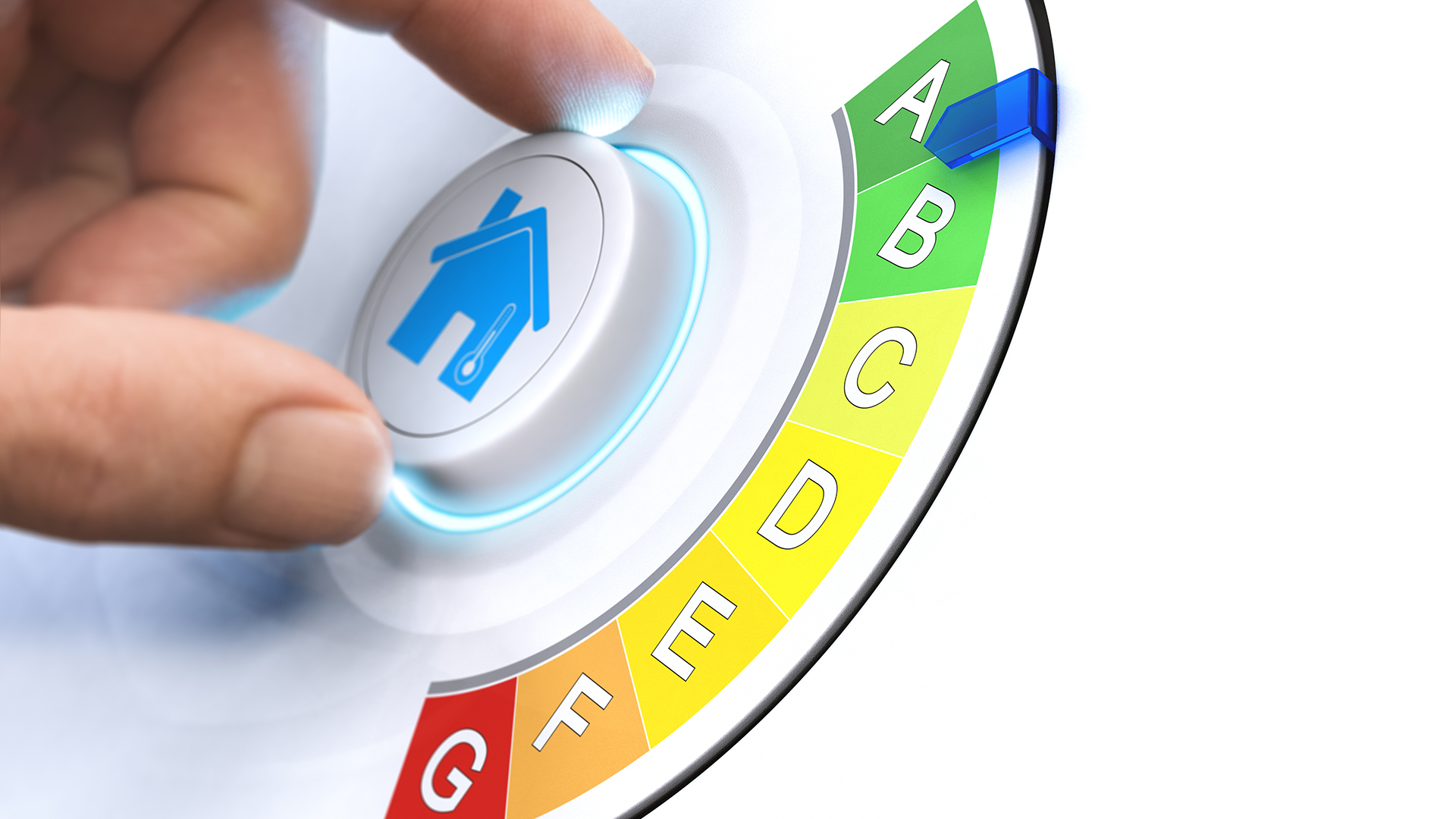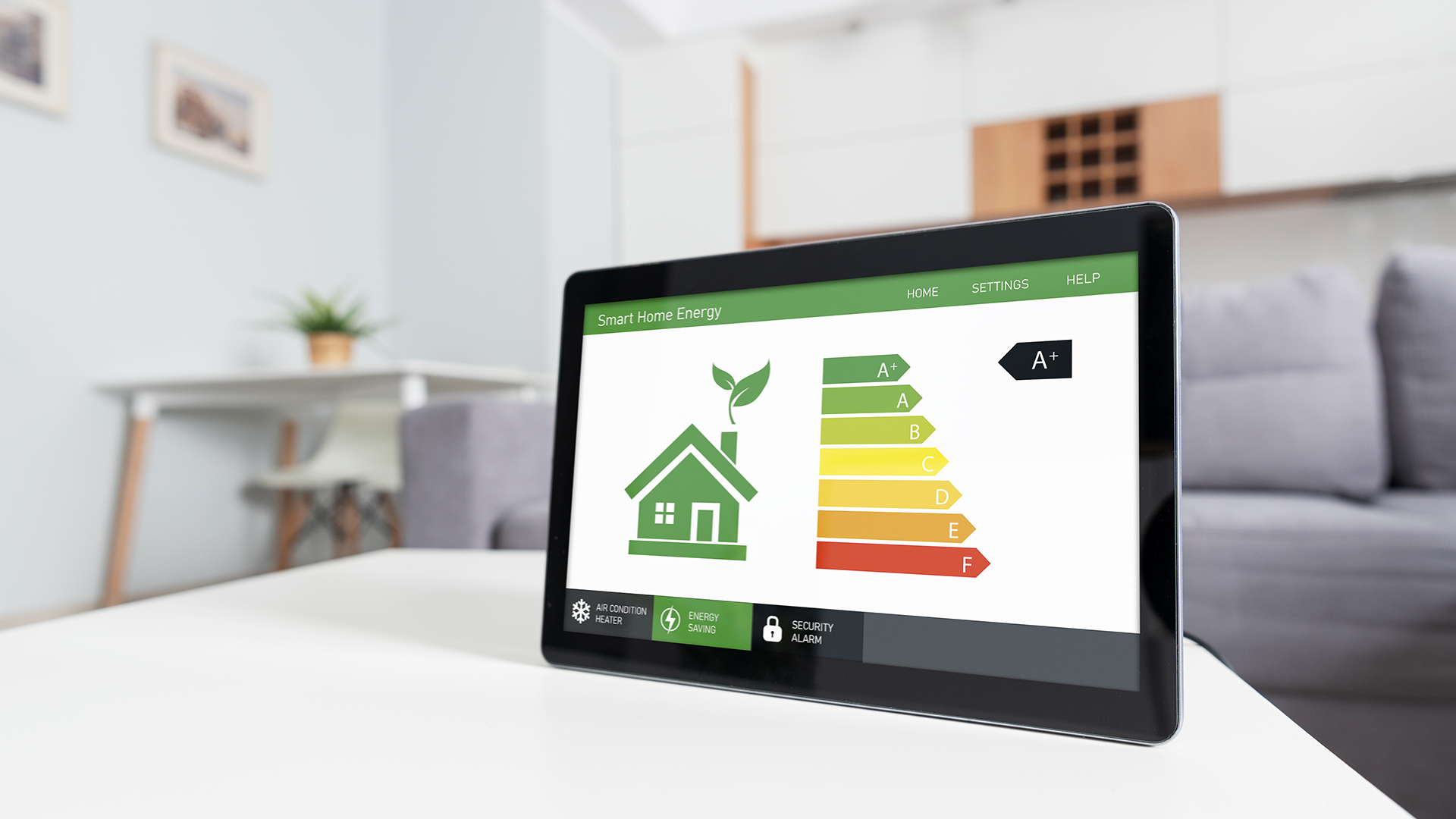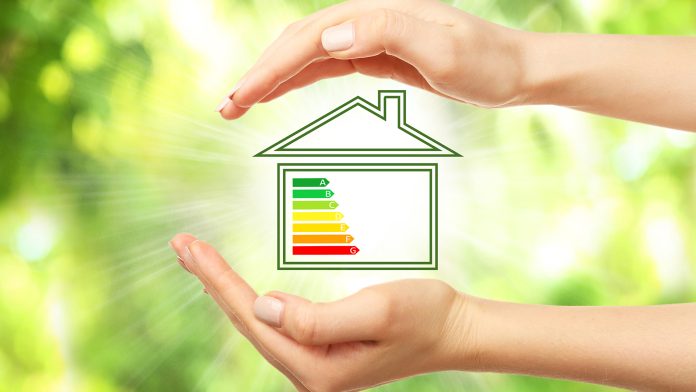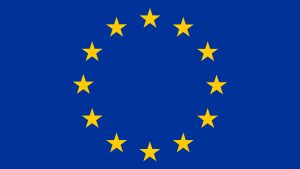Emma Mooney, Energy Analyst at the International Energy Agency (IEA), spoke to Innovation News Network about strategies and initiatives aimed at promoting energy efficiency and leveraging behavioural insights to empower citizens towards sustainable energy transitions.
Energy efficiency is long overdue and needs to be improved globally. It is important to mitigate environmental impacts and ensure sustainable energy use for future generations.
The International Energy Agency aims to emphasise the importance of energy efficiency, with the goal of doubling energy efficiency improvements and tripling global renewable power generation capacity by 2030.
Innovation News Network spoke to Emma Mooney to learn more about the IEA’s goals, strategies for reducing energy consumption, and insights gained from the EU-funded NUDGE project.
The energy crisis should incentivise new solutions towards energy consumption. In your opinion, in what direction should EU institutions prioritise their efforts in the coming years?
The energy crisis prompted governments around the world to step up efforts to improve energy efficiency, but accelerated action has long been overdue.
And now, even faster progress is needed. The IEA advocates for our member governments, including the EU, to focus on key pillars to keep the Paris Agreement goal of limiting global warming to 1.5 °C within reach. This includes doubling the annual rate of energy efficiency progress this decade.
It’s important to note that doubling is a global target. It necessitates swift action across all sectors and in all countries throughout the world. Support for emerging and developing economies is also needed to enhance their energy efficiency efforts.
Additionally, access to energy is a high priority for the IEA. While Europe may not face this issue as severely, it remains a critical global concern.
It’s not just about energy efficiency; it’s also about ensuring everyone has access to energy.
At the 15th Citizens Energy Forum, the focus was on helping people with lower incomes manage their energy bills. How is the EU working to ensure that these solutions are available to everyone who needs them?
Across the EU, many programmes aim to improve energy efficiency for lower-income and vulnerable people. However, globally, we see that the benefits of efficiency policies aren’t always distributed fairly.
Our division recently updated its name to the Office of Energy Efficiency and Inclusive Transitions, reflecting our growing work on this issue. One major focus for us is ensuring affordability so vulnerable groups can benefit from energy efficiency measures.

Providing financing options for low-income households to take on retrofit projects, for example, can be very significant. It’s also important to make sure that people are aware of support schemes that might be available to them.
Governments are taking steps forward, but there’s room for improvement. Energy efficiency can significantly impact people’s lives. It needs more work, investment, and funding.
How does the NUDGE project help to reduce energy consumption?
We are familiar with the concept of nudging and guiding people toward certain behaviours. NUDGE is one part of a broader set of actions aimed at boosting energy efficiency and reducing energy consumption.
However, it’s important to understand that NUDGE isn’t a magic solution. There’s no one-size-fits-all fix.
What I found particularly interesting about NUDGE was their analysis, where they identified that about 25% of people simply won’t change their behaviour, no matter what. So, they focused on understanding who would change and what interventions might work for them.
We shouldn’t underestimate the importance of nudging to raise awareness about energy efficiency. When we consider the evolution of energy efficiency policies, they need to be more flexible and engage with people on a more personal level.
NUDGE plays a crucial role in this by gently guiding behaviours without relying solely on regulations. And negative results are just as important as positive ones, we should pay more attention to what doesn’t work, as it helps us refine our approaches.
Is understanding consumer energy behaviours an under-investigated aspect of building an energy policy?
There’s a pressing need for greater engagement in energy policy. Individuals and businesses need to engage more closely with their energy consumption, and policymakers need to engage more closely with individuals and businesses. This requires substantial effort on everyone’s part.
However, we must not let the pursuit of perfection hinder progress. Urgency is paramount; we need to act swiftly, analyse results, adapt, and keep moving forward.

Moreover, we shouldn’t fear making mistakes, especially in the realm of energy efficiency. Some approaches will succeed, while others may not. However, doing nothing is the worst option.
Among the main points of the Energy Efficiency Directive was the onus on increased focus on alleviating energy poverty. How important will the involvement of civic society (i.e. consumer organizations, etc.) be in achieving the goals outlined in this?
It’s incredibly important. What I have observed is that when people actively engage with civic society, particularly through European projects like those under the Horizon framework, there’s a notable improvement in adoption, acceptance, and adaptability.
Nonetheless, there will always be a percentage, ranging from 5% to 25%, who simply won’t respond, regardless of efforts. Therefore, we need policies that help reduce energy consumption from both the engaged majority and disengaged minority so that the world can move towards its climate targets.
This might involve structural adjustments or choice architecture that encourage action even from those who aren’t actively participating – for instance, making public transport more accessible as an alternative to driving. It’s about striking a balance between engaging with civic society and finding ways to motivate those who aren’t already involved.
Can you explain the International Energy Agency’s strategy to empower people towards the energy transition?
From the perspective of the Office of Energy Efficiency and Inclusive Transitions, our engagement primarily targets government-level action. Our goal is to ensure that policymakers consider a holistic policy package approach. These Policy packages encompass regulation, information, and incentive measures for any policy.
While regulation is typically a constant, we emphasise the importance of also disseminating information and providing incentives. We stress to governments that all three elements are essential for effective policy implementation.
Regarding our inclusive transition efforts, we concentrate on ensuring that regulations and incentives prioritise the most vulnerable individuals and address those who are falling through the cracks. These are issues that will be on the agenda when we host a Global Summit on People-Centred Clean Energy Transitions later this month.
Our overarching strategy is centred on prioritising the most vulnerable individuals and uplifting them – not solely for energy conservation purposes, but also because energy efficiency brings about multiple related benefits, such as improved financial security and health.
In the Office of Energy Efficiency and Inclusive Transitions, we also want to ensure energy accessibility. While most people in Europe have access to energy, not everyone can afford it.
We strive for people to have warmth, comfort, and security without the burden of energy poverty looming over them.
With regards to accelerating the energy transition, what do you hope for the upcoming European elections?
We currently enjoy strong co-operation with the institutions in the European Union, and we aim to maintain and even strengthen this collaboration, especially on energy efficiency. The EU helped lead the way in setting the doubling target and can now play a major role in showing what implementation looks like
Additionally, we seek to enhance support for emerging and developing economies, recognising that energy efficiency is a global challenge. The EU should act locally and globally.

Essentially, we aim to build upon our existing initiatives, amplifying them further, particularly by supporting efforts to double energy efficiency gains each year through 2030.
We also need more accessible finance across the board for energy efficiency projects. This is an area in which Europe can help.
In your recent publication, the IEA highlighted how awareness and behaviour campaigns can enable citizens to take energy action. What suggestions does the NUDGE project provide?
While we were looking at government behaviour campaigns in our publication ‘Empowering people to act‘, NUDGE supports our findings in terms of the people that you can and cannot target and that increased efforts are necessary to drive change.
Interestingly, NUDGE has shown effectiveness for a certain percentage of the population, warranting targeted strategies for this group. However, it’s important to recognise that NUDGE is just one component of a broader suite of strategies and not a standalone solution.
The NUDGE project found that NUDGE actions need to be part of an integrated regulatory framework to avoid barriers to actual energy savings. From an educational point of view, the NUDGE project was very interesting and important.
One of the most important things when looking at behavioural change is that behavioural insights need to be integrated at the policy design stage. We need behavioural insights for all types of energy policy because we are moving to an energy system that will require more flexibility to ensure reliability.
The project “NUDging consumers towards enerGy Efficiency through behavioural science (NUDGE)” has received funding from the European Union’s Horizon 2020 research and innovation programme under Grant Agreement no. 957012. The sole responsibility for the content of this publication lies with the authors. It does not necessarily reflect the opinion of the European Union. Neither CINEA nor the European Commission are responsible for any use that may be made of the information contained therein.
This article is part of the exploitation activities carried out by Cittadinanzattiva/Active Citizenship Network in the context of the EU funded project “NUDging consumers towards enerGy Efficiency through behavioural science (NUDGE)” with the support of INNOVATION NEWS NETWORK.











